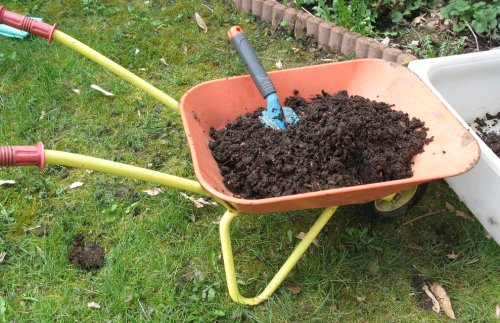
Whether you’re a seasoned composter or you’re just starting a compost pile this season, you’ve probably heard at least a little bit about compost activators and inoculators. These are things you can purchase to add to your compost pile to speed up the decomposition process. Some activators can even be found around the house.
Activators are primarily a loaded nitrogen source, which will, indeed, heat a compost pile up. Inoculators (or microbial activators) are usually a source of microorganisms that you can be added to a pile instead of waiting for these decomposers to arrive into the pile by themselves. Gardeners have differing thoughts on the topic of adding activators or inoculators to their piles.
First of all, let me just say that if the bottom of your pile sits on bare earth, neither of them actually needs to be added by you — bare ground will bring in all the microbes necessary for great compost. The same goes for the carbon/nitrogen balance in the pile. Using the browns and greens that we find around our homes usually works just fine. Nature is awesome like that.
That said, if you’d like to speed up the process — especially with a brand new pile for one that’s elevated or not touching the ground for any other reason — activators and inoculators can certainly give your pile the punch that it’s looking for. It certainly won’t hurt.
Activators Around the House
Simple organic activators you may have on hand are lime (limestone), blood meal (yes, it’s dried blood), fish meal, and poultry, rabbit, and horse manure. Rabbit food (pellets) and dry dog food are also organic activators that are often have on-hand.
Human urine is an interesting (and free) compost activator if you’re game. It’s loaded with nitrogen, minerals, and vitamins, making it a dandy activator. Of course, the easiest way to activate a new compost pile is to take a coffee can full of previously made compost and toss it into the new one. Presto! Like magic.
Commercial Activators and Inoculators
Bagged or boxed commercial organic activators usually contain nitrogen, phosphorus, potassium, and microorganisms. Some inoculators are sold as dissolvable tablets consisting of dormant bacteria and fungi. You may also find herbal inoculators which may include comfrey, dandelion, valerian, chamomile, and nettle. Some companies claim that these products not only speed up the decomposition process but enhance the nutritional qualities of finished compost.





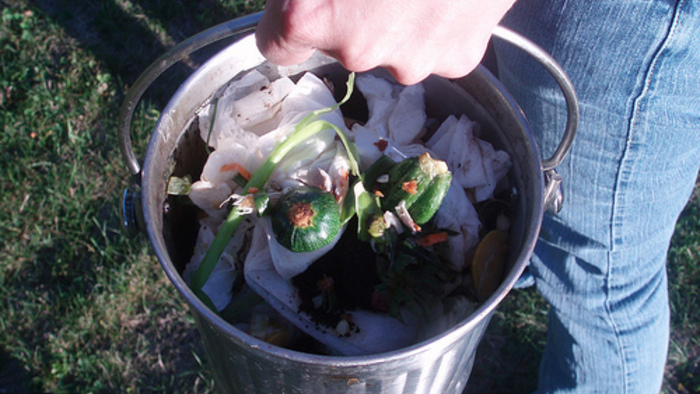
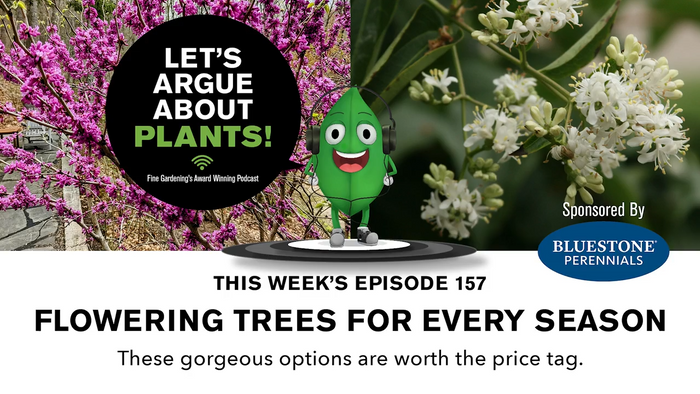



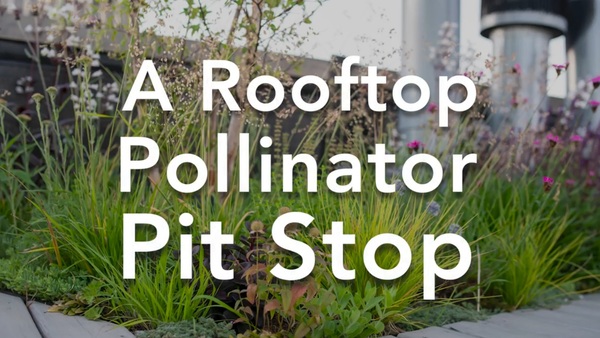
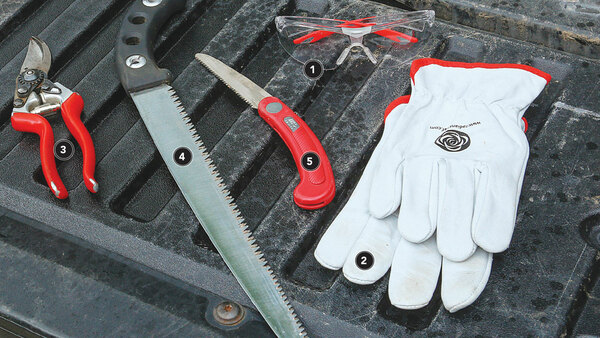
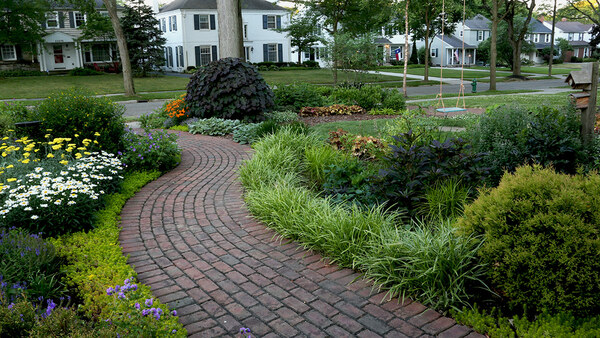
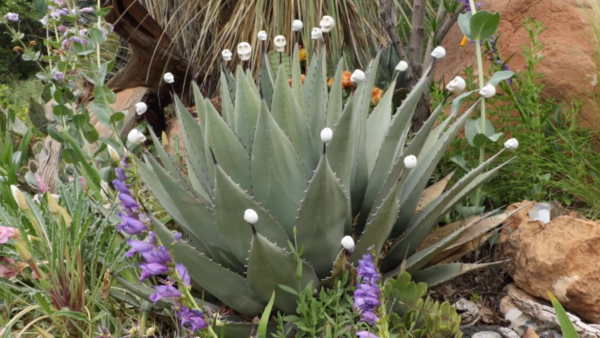




Comments
Log in or create an account to post a comment.
Sign up Log in